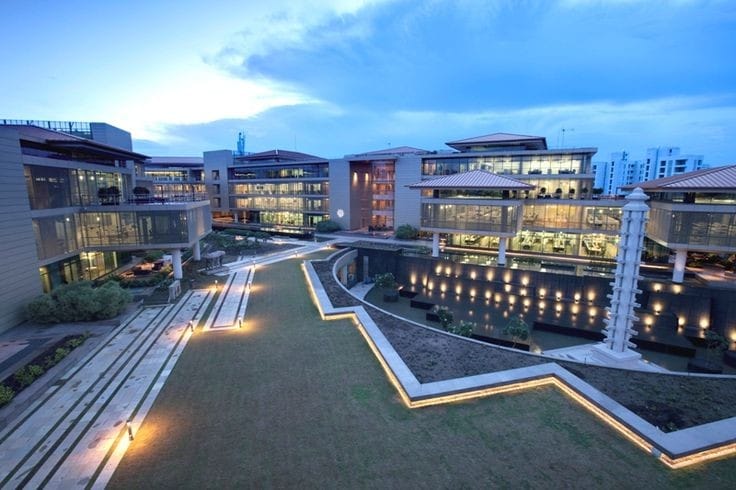The housing complex economy in India has been a major contributor to the country’s economic growth. With the growing population and increasing urbanization, the demand for housing has been on the rise. As a result, the real estate sector has emerged as one of the most lucrative and fast-growing sectors in the Indian economy.
The real estate industry in India can be broadly classified into two segments, namely commercial and residential. The residential segment comprises of housing complexes, apartments, villas, and other types of residential properties, while the commercial segment includes office spaces, retail outlets, hotels, and industrial properties. The residential segment, in particular, has witnessed significant growth over the years, driven by the growing middle class and their increasing purchasing power.
One of the key factors driving the housing complex economy in India is the government’s focus on affordable housing. The Pradhan Mantri Awas Yojana (PMAY) is a flagship program launched by the government of India to provide affordable housing to all by 2022. Under this scheme, the government provides financial assistance to eligible beneficiaries to build their own homes. This has led to a surge in demand for affordable housing, particularly in tier 2 and tier 3 cities.
The real estate sector in India has also attracted significant foreign investments, particularly in the form of Foreign Direct Investment (FDI). The government has relaxed FDI norms in the real estate sector to attract more foreign investments. As a result, several global players have entered the Indian real estate market, bringing in much-needed capital and expertise. This has not only boosted the growth of the sector but has also led to the development of world-class infrastructure and amenities in housing complexes across the country.
However, the housing complex economy in India has also been facing several challenges. One of the biggest challenges is the lack of transparency and accountability in the sector. Many developers have been accused of fraudulent practices, such as delay in project completion, diversion of funds, and non-adherence to building norms. This has eroded the trust of buyers, leading to a slowdown in demand.
Another challenge facing the housing complex economy in India is the lack of proper regulatory framework. While the government has set up regulatory bodies such as the Real Estate Regulatory Authority (RERA), their effectiveness has been questioned by many. The lack of proper enforcement of regulations has allowed unscrupulous developers to continue their fraudulent practices, leading to a negative impact on the sector.
In conclusion, the housing complex economy in India has been a major contributor to the country’s economic growth, driven by the growing demand for affordable housing. While the sector has witnessed significant growth over the years, it has also been facing several challenges such as lack of transparency, accountability, and proper regulatory framework. It is, therefore, important for the government and the industry stakeholders to work together to address these challenges and build a sustainable and robust housing complex economy in India.










